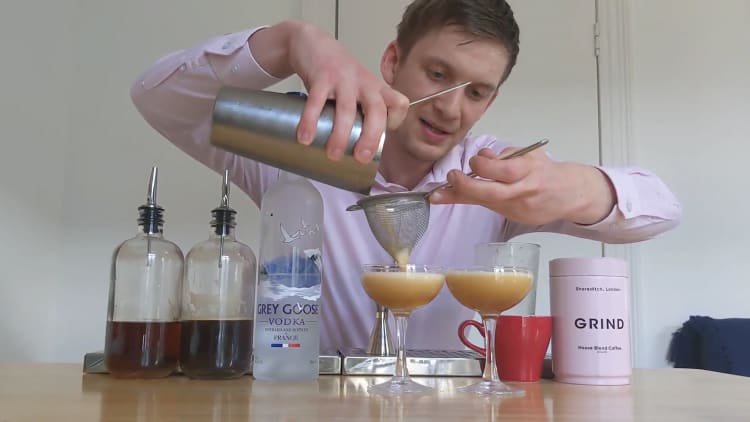The New York City Council voted Wednesday to cap fees by third-party services at 15% for providing food delivery during a state of emergency where restaurants can't serve food on premises.
For other types of charges, the fee would be capped at 5%. The caps would extend 90 days after the emergency has ended.
The legislation, which still needs to be signed into law by Democratic Mayor Bill de Blasio, would be a blow to food delivery services like GrubHub and Uber Eats that have seen demand surge during the crisis but are still not profitable. The third-party services, which also include private businesses such as DoorDash and Postmates, would be subject to a civil penalty of up to $1,000 per restaurant per day for violations.
Similar mandates have been made in San Francisco, Seattle, Washington, D.C., and Jersey City. Chicago announced new rules Tuesday for services to provide greater pricing transparency.
The city council bill is a win for restaurants in New York City that have long complained of hefty fees that come with delivery services and have recently seen their revenue fall off a cliff during the coronavirus pandemic. Restaurants in New York City are only allowed to provide takeout and delivery under local guidelines, eliminating the most profitable part of the business for many and forcing longtime holdouts to finally sign up for a third-party service.
News of an offer by Uber to acquire GrubHub Tuesday renewed concerns that a combined company could hold a tighter grip on the food service industry. As of October, GrubHub held 30% of the U.S. meal delivery market, while Uber held 20%, according to analytics firm Second Measure. Delivery caps during the pandemic could ease some pricing concerns for restaurateurs in the near term.
The third parties could also choose to cut back on their services if they decide the fee caps make the work less worthwhile. After San Francisco instated its own fee cap of 15% for delivery, Uber Eats told customers in an email it was ending service to the Treasure Island neighborhood of the city, an area with relatively few food options to begin with, according to local news reports.
De Blasio signaled his support at a press conference Tuesday but a spokesperson for the mayor's office said they're still figuring out the logistics of fitting the bill signing into the mayor's schedule.
WATCH: How businesses are adapting their marketing strategies to survive lockdown



